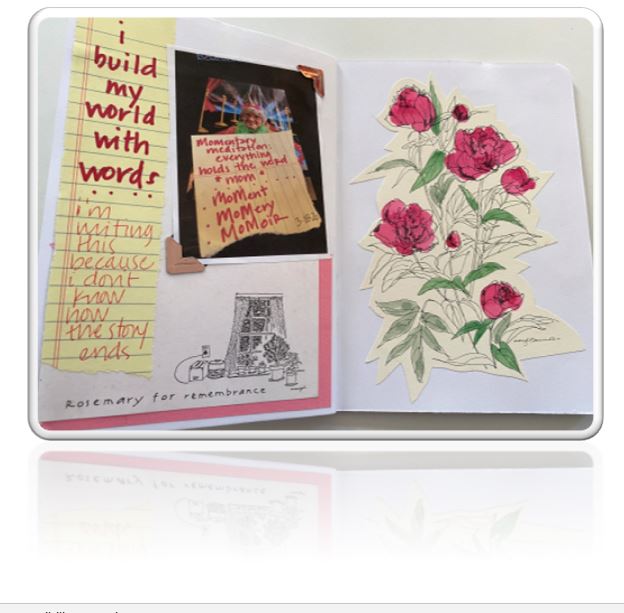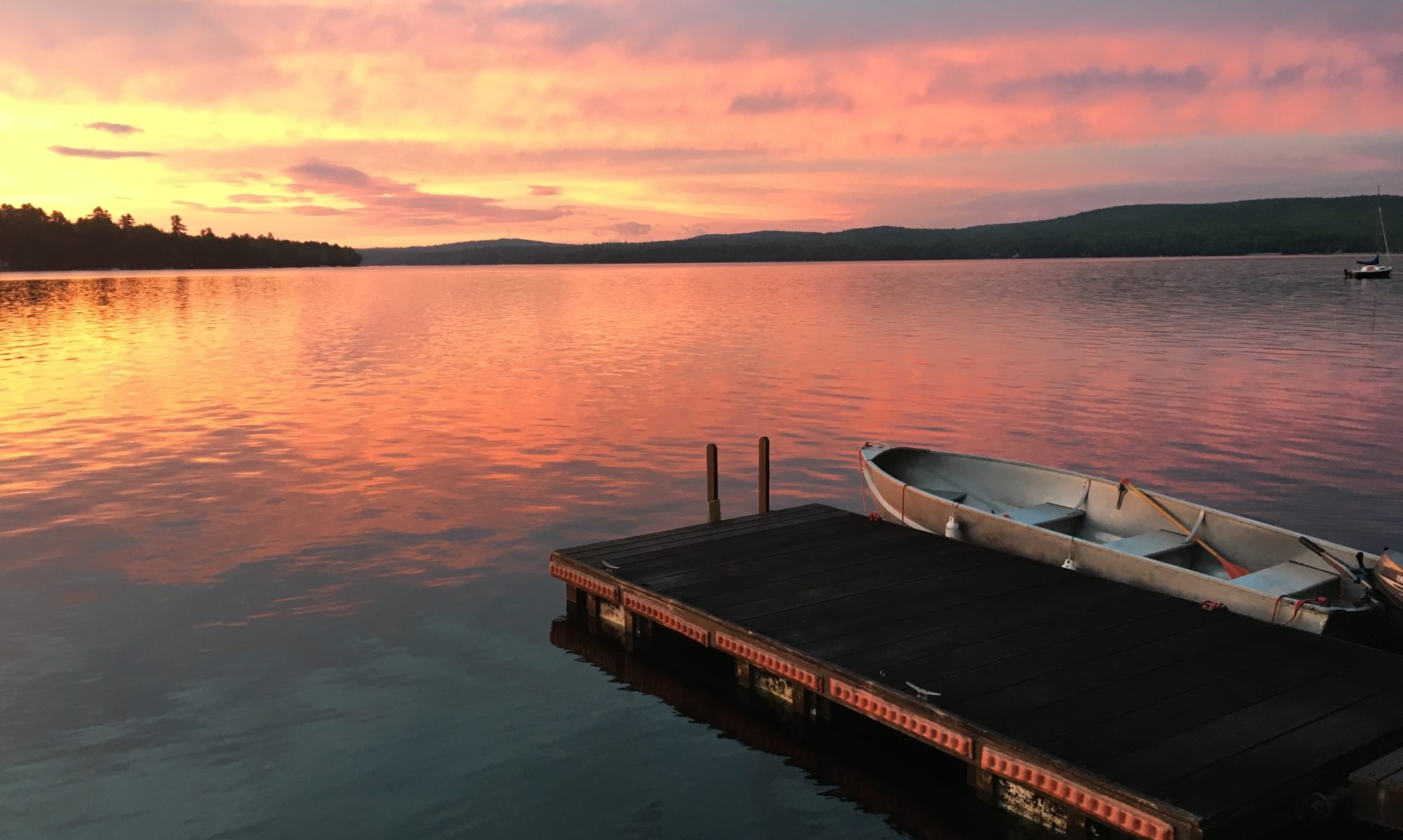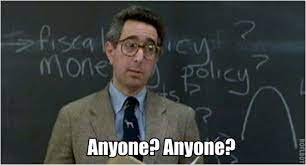It’s a safe bet that everything I’ve written over the years—the unfinished novels, the journals and sketches, the essays and poems and stories, published or not—will never be showcased in an academic library.
And although I am compelled to preserve decades of writing—necessary proof that, yes, I am a writer—I’m at a loss. Four generations of writers in the family and the legacy ends with me. Who am I doing this for? Why do I write? And how do I smash the selfish quest for recognition? How do I balance humility with purpose?
After a couple of sober decades, I’ve learned a little about humility and ego. These days, I’d much rather write under the radar than promote my work. Write as if I’m the only one reading it. Write for the enjoyment of putting words on a page.
And even when it feels as if writing futures are inked in cyberspace and the persistent pivot to new platforms is a prerequisite to a writer’s evolution, I write. For myself. For hope. For strength. I write because every person, every place, every moment holds a story and I am simply the storytelling conduit.

So I continue to create artifacts for a future era, borne from an endless stream of joy and agony—digital archives and notebooks in a dusty attic hope chest along with my mother’s sketchbooks. My grandmother’s onionskin manuscripts. The drawings for a Hemingway novel my father’s father illustrated. My words, the offspring of an otherwise barren womb, perpetuate the family writing legacy. Giving meaning to life. Giving life meaning.
And if my words help another writer questioning their own purpose, then for me, humble writing is the purpose.



